The Agile Coach Game
Introduction
The Agile Coach Game is murderous fun for Agile Coaches, Scrum Masters, and Agile Teams. It is based on the game mechanics of Trial by Trolley (TM), Explosm LLC and Skybound, a game of moral dilemmas and trolley murder.
The Trolley Problem is a moral dilemma well known in Ethics and Artificial Intelligence research. It is based on a thought experiment in Ethics that was first created by philosopher Philippa Foot and then later further developed by philosopher Judith Jarvis Thomson.
The moral dilemma is as follows:
"Suppose you are the conductor of an out-of-control trolley. There is a junction, on the right track are 3 infants, on the left track there are 4 grannies. You have to send the trolley down one of the two tracks, crushing everyone in its path. Do you choose killing the grannies to save the infants?. Or, do kill 3 lifes to save 4 lifes?"
In 2020 a scientific study questioned 70000 people in 42 countries. Country-wide there is a strong preference for sacrificing one life to save 5 lives -- however, the willingness differs.
The AI version of the trolley problem is whether a self-steering car should injure 3 people to save 4 passengers. MIT has a program called Moral Machine, a platform for gathering a human perspective on moral decisions made by machine intelligence. On this site, human test subjects are asked what they would want a car to do if it had to choose between killing different sorts of people.
Brad Templeton made a funny quote on the difference between philosophers and engineers:
While ethics professors address Trolley Problems by debating who to kill, Engineers solve them by fixing the brakes. -- Brad Templeton, Forbes, Feb 21, 2019.
Gaming Scenario
The gaming scenario of the Trial by Trolley game is there is a group of players, one player is the conductor and must choose to send an out-of-control trolley down one of two tracks, crushing and killing everyone in its path.
Everyone else splits into two teams and tries to convince the conductor to spare everyone on their own track, and to kill everyone on the other track.
There was one of those nights at Play4Agile 2020 in the bar when a group of game addicted agile coaches (see the credit section) decided to set this game in an agile coaching context.
We replaced the conductor with an agile coach or scrum master who is faced with two agile teams with a specific dysfunctional (agile) mindset. The coach has to decide which team is more dysfunctional and should be deserved very very hard improvement activities. On the other hand, each team tries to convince the coach with weird and hilarious arguments that they deserve to be spared and the other team should be punished.
Gaming Instructions
There are several ways you can play the game.
Variant 1
- Each round is started by designating one player as the agile coach and splitting the remaining players into two teams. Each team is assigned to one side of the track.
- Each team draws a random innocent card and places it in the first slot on their side of the track.
- One player on each team draws 3 innocent cards, one player on each team draws 3 guilty cards, and one player on each team draws 3 modifier cards.
- Each team discusses which one of the innocent cards supports their own position best and places the card on the second slot of their own track.
- Each team discusses which one of the guilty cards weakens the opposite team most and places the card on the third slot of the opposite track.
- Now all (positive and negative) facets of the team's behaviour is visible on the board. Each team tries now to influence the coach's opinion by using one of the modifier cards.
For this, each team discusses which of their three modifier cards best either modifies their own position -- i.e. strengthens their own innocent resp. weakens their guilty cards -- or weakens the opposite innocent cards resp. strengthens the guilty card. - Each team places the selected modifier card on the slot above the chosen guilty/innocent card.
- Now that the board is completed, all players debate to convince the coach to choose which side should be starved. When each side has made their case, the conductor decides and all of the characters on the losing side are "punished" by the coach.
- Each player on the losing side receives a death token. All cards are discarded and the next coach is chosen.
After all rounds played the player with the fewest death-tokens wins.
Variant 2
Do not give death tokens to individual team members, but to the teams only.
Variant 3
Play with the number of cards each team can use.
- The teams can use more than one modifier card.
- The teams can use more innocent or more guilty cards.
- Each team draws as much innocent resp. guilty cards it has team members.
Variant 4
Play with who first draws and faces innocent resp. guilty cards.
- The coach opens the game by drawing and playing one innocent card for each team first, i.e. he gives credits to each team by assigning each a positive behaviour.
- The coach opens the game by drawing and playing one innocent card for each team first, i.e. he blames the teams.
Debrief
The important part is the discussion inside each team and later on the arguing with the coach. Here the learning takes place.
For the online version use break-out sessions for the team-internal discussion, and come back to the main session for the final arguing.
You can use the game in retrospectives, agile training, and education.
Discuss with the players/participants the consequences of the different variants resp. interpretations: who identifies dysfunctional behaviour first -- the team or the coach, or both? -- To which extend fingerpointing takes place.
Credits
The game was created at Play4Agile 2020 by [in alphabetical order ;-)]:
Olaf Bublitz, Michael Cramer, Natalia Hordiienko, Tero Kadenius, Antii Kirjavainen, Kadriya Kot, Michael Tarnowski, Ilja Vishnevski, Olga Zakharova.
I collected our ideas for the (agile) playing cards in a Google sheet and created an online game version.
- Online game: https://bit.ly/TheAgileCoachGame-Online
- Playing cards (Google sheet): https://bit.ly/TheAgileCoachGame.
To play the game "analog" print the cards on cardboard. -- Please help us to improve the game by adding (black)humourous text for the cards. -- Have fun playing the game!
Further Reading
- Sara Bizarro: The Trolley Problem Now. Medium.com. Mar 20, 2020.
- Sara Bizarro: The Trolley Problem - Origins. Medium.com. Mar 17, 2020.
- Fotini Mastroianni: The Trolley Problem - Economy and Ethics. Medium.com. Apr 1, 2019.
- Joanna D. Corey & Albert Costa: The Foreign Language Effect on Moral Decisions. Cienciacognitiva.org. Nov 7, 2015.
- Josh Clark: How the Trolley Problem Works. Howstuffworks.com.
- Thomas Cathcart: The Trolley Problem, or Would You Throw the Fat Guy Off the Bridge? A Philosophical Conundrum. Workman Publishing, 2013.
- Edmond Awad, Sohan Dsouza, Azim Shariff, Iyad Rahwan, Jean-François Bonnefon: Universals and variations in moral decisions made in 42 countries by 70,000 participants. PNAS February 4, 2020 117 (5) 2332-233.
- Trial by trolley - Printable custom cards and Modifier cards. Reddit.com. Jun 21, 2020.
A shorter version of this post is published on LinkedIn as well.

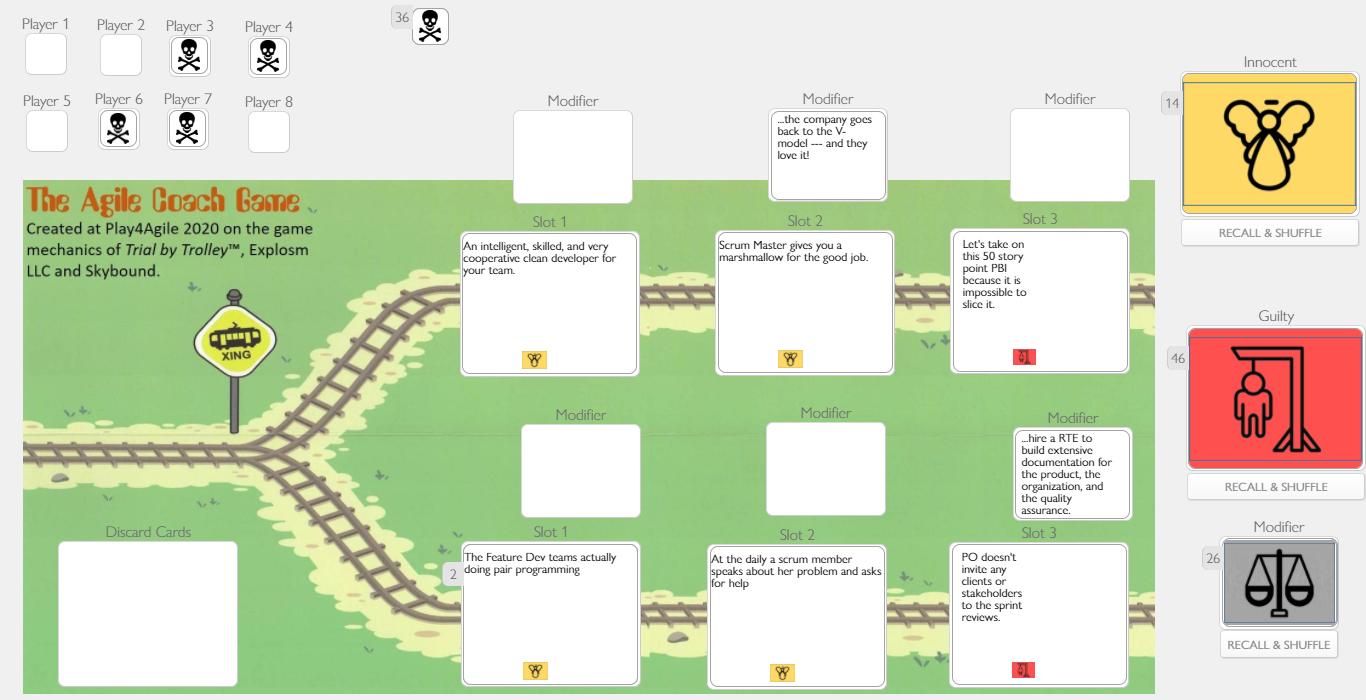
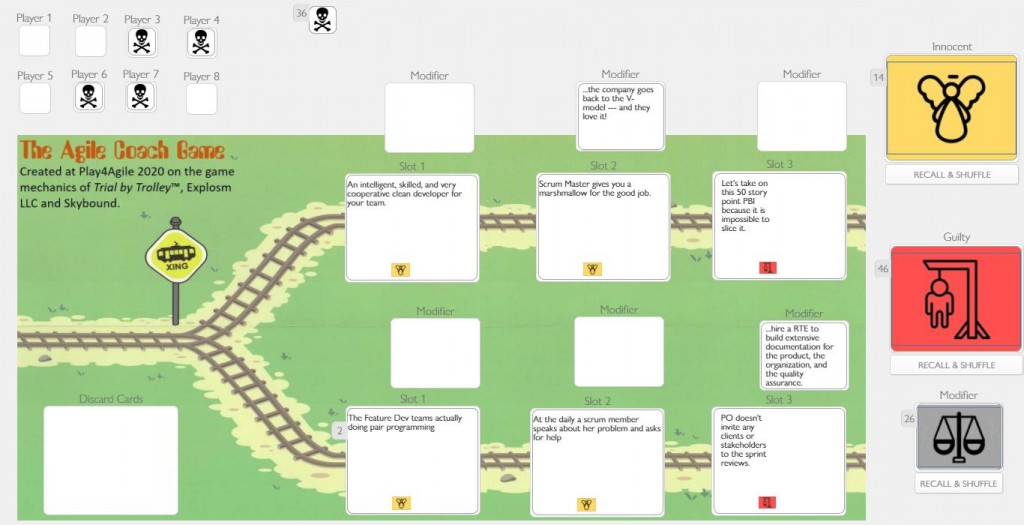
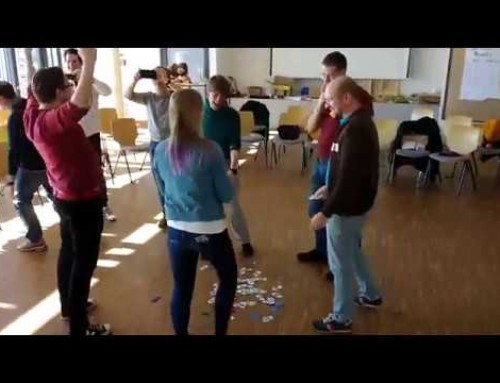

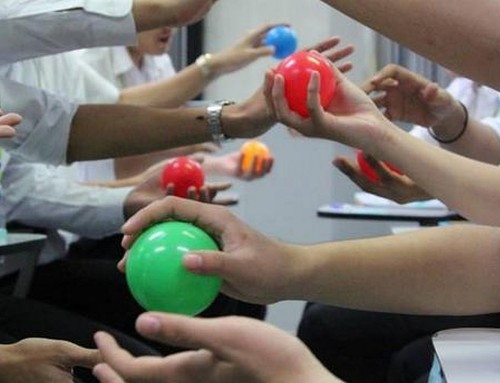

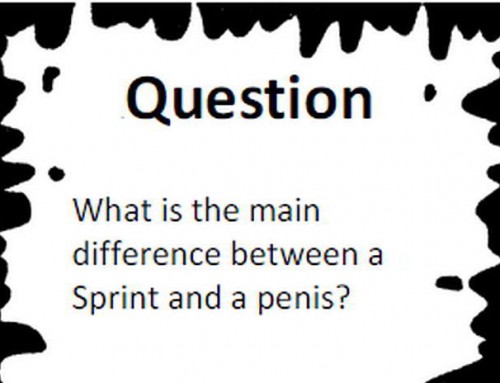
Leave A Comment